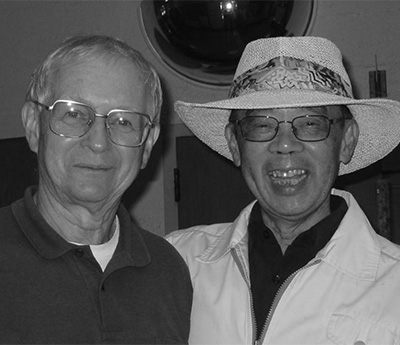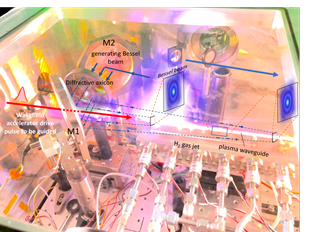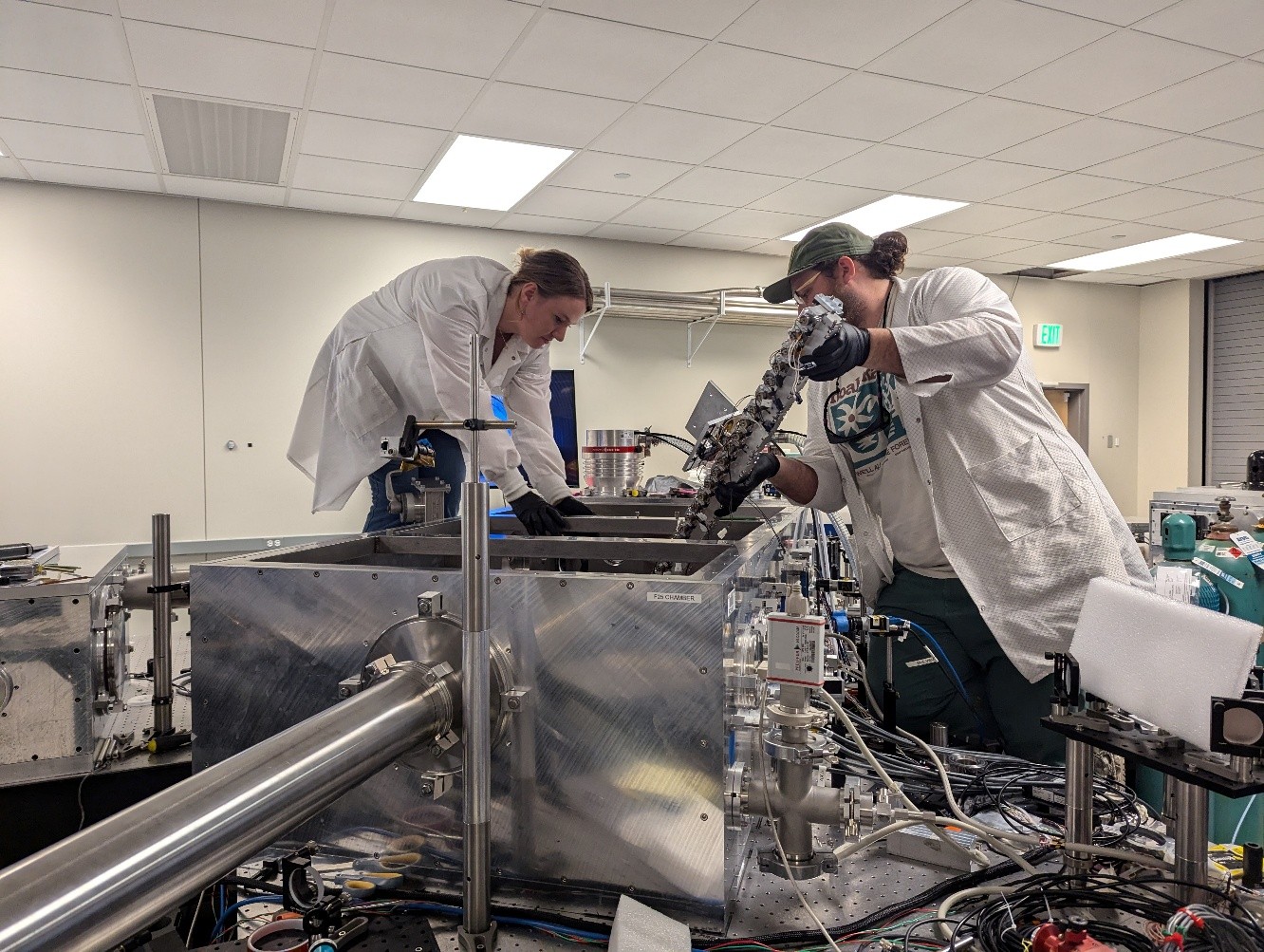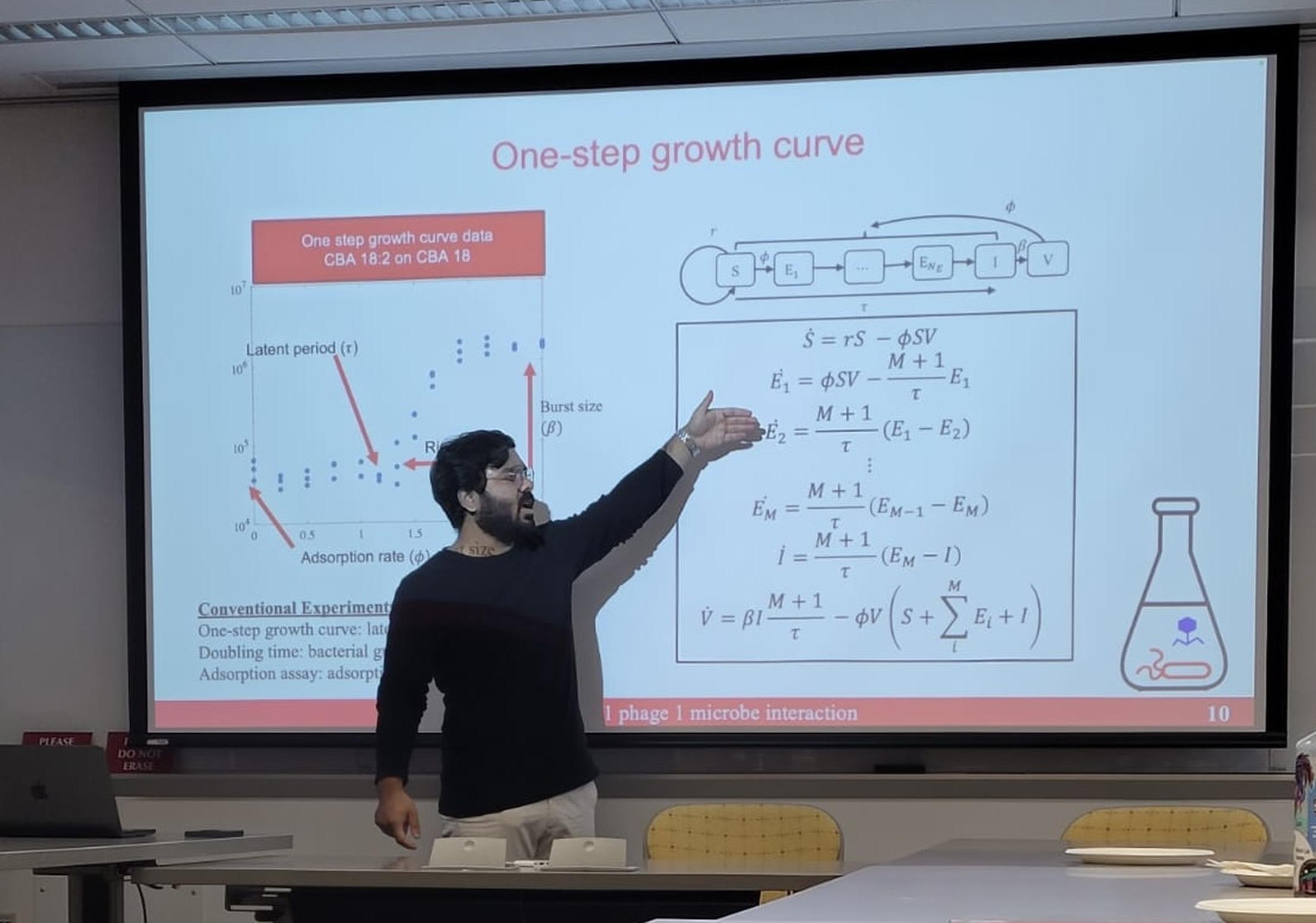Barkeshli Selected for Prestigious Simons Collaboration to Study Inner Workings of Artificial Intelligence
- Details
- Published: Wednesday, December 03 2025 01:34
As artificial intelligence (AI) rapidly transforms everything from medicine to scientific research to creative fields, a fundamental question remains unanswered: How do AI systems actually work?
AI models help diagnose diseases, discover new drugs, write computer code and generate images, yet scientists still don't fully understand the principles underlying their remarkable capabilities. Solving this ‘black box’ problem—where we can see AI's outputs but can’t fully comprehend its internal workings—has become more urgent as these systems become more deeply embedded in society.
University of Maryland Physics Professor Maissam Barkeshli will help unravel that mystery.
Barkeshli was one of 17 principal investigators recently chosen for the Simons Collaboration on the Physics of Learning and Neural Computation, an international research initiative that aims to investigate the complex inner workings of AI. The collaboration, which will receive $2 million annually for the next four years, brings together leading experts from physics, mathematics, computer science and neuroscience. The team will first identify key emerging phenomena in AI before isolating them and studying them systematically, forming smaller working groups to tackle specific questions, then combining their findings at the conclusion of the collaboration.
“Maissam exemplifies the intellectual agility we prize in our faculty,” said UMD Physics Chair and Professor Steven Rolston. “Originally hired for his work in condensed matter theory, he is pivoting to address the exciting and potentially impactful challenge of understanding why artificial intelligence models actually work, informed by the concepts of mathematical and statistical physics.”
At UMD, Barkeshli's primary research focuses on quantum many-body phenomena. He studies how collections of many particles like electrons in materials spontaneously organize into unusual or specific positions such as superconductors and quantum Hall systems. Such events are emergent phenomena, which occur when simple components interact to create behaviors that cannot be predicted from studying individual parts alone.
“Fundamentally, the field is really about emergence,” Barkeshli noted. “It’s about understanding collective behavior that is qualitatively different when you go to different scales that you wouldn’t have seen at smaller scales.”
For Barkeshli, intelligence and learning are forms of emergent phenomena as well. Just as billions of electrons can collectively create superconductivity, neural networks with billions of parameters somehow learn to reason and understand language. As he begins his collaboration with experts from multiple disciplines, Barkeshli believes the theoretical tools and perspectives that physicists have developed in understanding the natural world can help us understand how AI works as well.
“There are three core ingredients of AI systems that interact to produce intelligence: training data, neural network architecture and optimization algorithms that are used to train models,” Barkeshli explained. “There’s incredibly rich interaction between these ingredients, but they all act very differently between themselves and have their own peculiarities at the individual level. We don’t have a very good idea of how it all comes together or why it works so well.”
These interactions lead to even more mysteries. For example, Barkeshli noted that AI follows predictable “scaling laws.”
“As you increase the size of data, the network and the computing power spent on training, AI systems get better and better,” he said. “In some cases, they follow very predefined, almost law-like patterns, where they’re getting better in a very predictable way. This is an emergent phenomenon that isn’t understood very well that we hope to study.”
Current AI development relies heavily on trial and error, but Barkeshli’s work on emergent phenomena may be the key to answering fundamental questions—such as why the human brain can operate on about 20 watts of power, yet AI systems require much more energy to complete similar cognitive tasks.
“People have been trying different ideas based on intuition, but a more systematic understanding of AI could unlock some useful capabilities, like bridging that efficiency gap between human brains and language models,” he explained.
Although the Simons Collaboration will focus on the most fundamental aspects of AI systems, Barkeshli hopes that “peeking under the hood” will illuminate more profound applications for AI in everyday life.
“There’s room for making immense improvements,” Barkeshli said. “With a deeper understanding of the fundamentals of AI, especially from a physicist’s point of view, we could come up with different kinds of curricula for data to train with, different kinds of architectures, different kinds of optimization algorithms—even entirely new paradigms that we haven’t thought of yet.”
Original story by Georgia Jiang: https://cmns.umd.edu/news-events/news/umd-physicist-selected-prestigious-simons-collaboration-study-inner-workings





